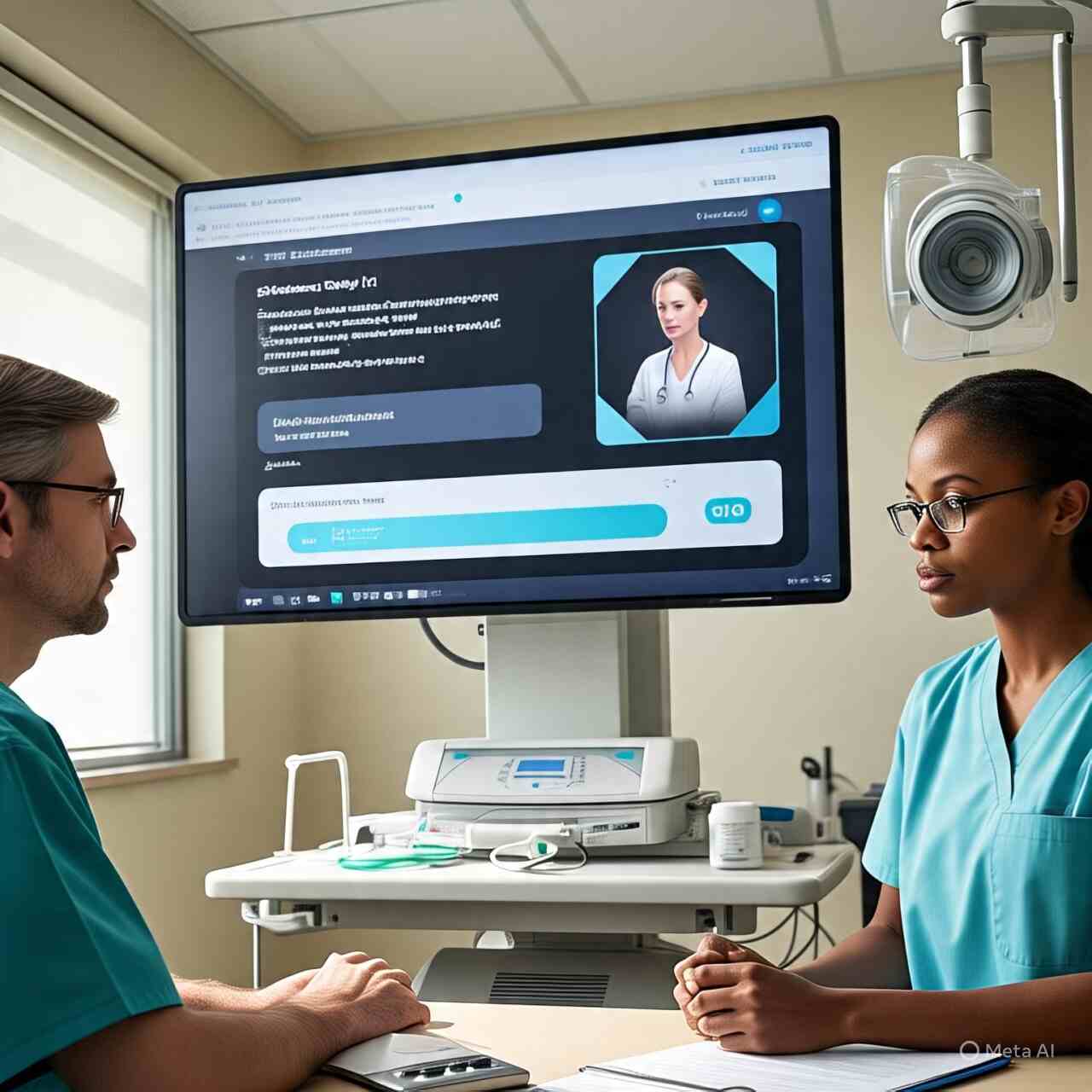healthcare integration Enhancing Patient Care through Connected Systems

In today's fast-paced and digitally driven healthcare environment, healthcare integration is no longer just a technical upgrade — it has become a core necessity for delivering high-quality, patient-centered care. With the increasing complexity of medical needs and a growing emphasis on efficiency, the healthcare industry is shifting toward connected systems that break down silos between hospitals, clinics, diagnostic centers, and pharmacies.
When different healthcare services and platforms are isolated, it leads to fragmented care — where patients often face repeated tests, mismatched prescriptions, or delays in treatment. But through proper integration, all relevant medical data is shared seamlessly across departments and institutions. This means that whether a patient visits a general physician, a specialist, or a hospital emergency room, their complete medical history is instantly accessible to authorized providers.
As healthcare continues to evolve, integration is setting the foundation for smarter, safer, and more efficient care delivery — proving that when systems work together, patients thrive.
How Healthcare Integration Works in Modern Medical Systems
Healthcare integration means bringing together general practitioners and specialist services in a well-coordinated system. The goal is to make patient care smoother and more efficient by keeping every healthcare provider on the same page. When doctors, specialists, and support teams work with shared information and common goals, patients receive timely and consistent treatment throughout their care journey
In regions like Rajasthan, India, initiatives are underway to link medicine distribution with health records via Integrated Health Management Systems (iHMS). Such efforts aim to generate real-time Electronic Health Records (EHRs), facilitating better patient management and care continuity.
Benefits of Integrated Healthcare Systems
How Integration Leads to Better Patient Results
IBetter Patient Outcomes with Integrated Care
When healthcare systems are connected, patient data flows smoothly between doctors, specialists, labs, and hospitals. This seamless sharing helps eliminate medical mistakes, avoids duplicate tests, and ensures no critical information is missed. As a result, diagnoses are quicker and more accurate, and treatment plans are tailored specifically to each patient’s medical history. Integrated care puts all the right information in the right hands — leading to safer and more successful outcomes.
Smarter Workflow, Greater Efficiency
Healthcare integration isn’t just about patient records — it’s about simplifying the entire healthcare journey. By removing unnecessary paperwork, automating routine tasks, and creating smoother communication channels between departments, hospitals and clinics can Make patient care faster. From faster billing to quicker test results, everything becomes more efficient. This means less time wasted and more time focused on actual care.
Reducing Costs for Everyone
One of the most practical benefits of integration is cost savings — for both healthcare providers and patients. When systems talk to each other, there’s no need to repeat tests, scans, or paperwork. Duplicate procedures are minimized, and so are unnecessary hospital visits. All of this leads to lower operational costs, which often translates into more affordable care for the people who need it most.
A Seamless and Stress-Free Patient Experience
When care is integrated, patients enjoy a smoother healthcare journey. No need to carry files from one hospital to another or explain their condition repeatedly. Appointments are easier to schedule, records are up-to-date, and communication between doctors happens in real time. This results in shorter wait times, more personalized care, and greater peace of mind for patients and their families.
Key Foundations of Healthcare Integration
Digital Health Records (EHRs)
At the heart of every integrated system is the Electronic Health Record. EHRs digitally store a patient’s medical history, test results, prescriptions, and doctor notes — making them accessible anytime, anywhere to authorized professionals. Whether a patient is at a clinic, emergency room, or diagnostic lab, EHRs ensure continuity in care.
Healthcare Interoperability Standards
To ensure different systems can share data safely and accurately, standards like FHIR (Fast Healthcare Interoperability Resources) are used. These international protocols allow hospitals, clinics, and apps to exchange information securely. It’s like creating a common language in healthcare — one that bridges gaps and builds smarter communication.
Coordinated and Collaborative Care
Integrated care models bring together general practitioners, specialists, nurses, and support staff under one digital umbrella. Instead of working in isolation, each provider is connected and informed. This team-based approach helps in managing chronic conditions, handling emergencies, and improving preventive care — because better communication always leads to better decisions.
Challenges in Healthcare Integration
Data Privacy and Security
Ensuring the confidentiality and security of patient data is paramount. Healthcare providers must implement robust cybersecurity measures to protect sensitive information.
Technological Disparities
Variations in technological capabilities among healthcare facilities can hinder integration efforts. Investments in infrastructure and training are essential to bridge these gaps.
Resistance to Change
Adopting new systems and workflows can be met with resistance from healthcare professionals accustomed to traditional practices. Comprehensive training and change management strategies are crucial for successful integration.
The Future of Healthcare Integration
As technology continues to advance, healthcare integration will play an increasingly vital role in delivering patient-centered care. Embracing digital tools and collaborative approaches will be key to building resilient and responsive healthcare systems.
Articles
Build your awareness and get inspired with our researched articles on how you can strengthen your well-being
Contact Us
-
InspireWebApp
-
support@inspirewebapp.com
-
7600 Georgia Avenue Northwest, Washington, DC 20012, USA
Streamline Your Workflow with Inspire — Subscribe Now!
Join hundreds of healthcare professionals who trust Inspire to manage their documentation faster and more accurately.
Key Benefits
- ✅ Instant access to all tools
- ✅ Secure & HIPAA-compliant
- ✅ Designed for health Care providers
Popular Articles

Clear and Consistent Communication
By Zukane Mbuih

Enhancing Provider-Patient Interaction
By Zukane Mbuih

Improving Patient Experience
By Zukane Mbuih

Faster Clinical Documentation
By Zukane Mbuih